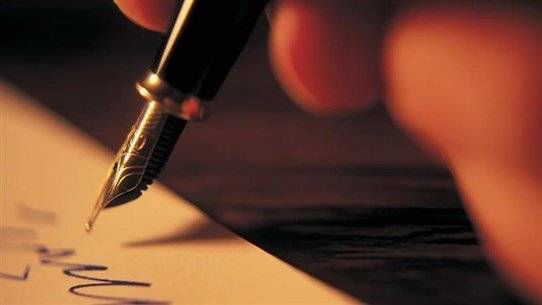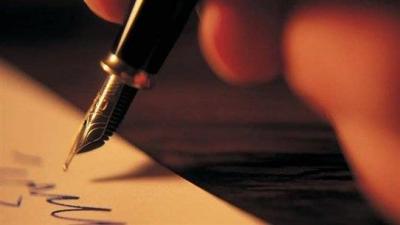The signing of a decree by President Michel Aoun at the end of the last month of his term, which increases the number of military personnel designated to protect former officials, has caused political turmoil. This has revealed the burdens borne by the treasury and the depletion of the capabilities of security agencies due to former presidents, parliament speakers, government heads, and former interior ministers reserving hundreds of security personnel for their personal protection after leaving office.
The justifications provided by official sources revealed that this increase actually aims to reduce the number of military personnel designated for protection, as all former officials "abused their rights" and increased the number of personnel contrary to the law. The new decree, which official references refrained from publishing after signing and putting it into effect to avoid public confusion, led to a doubling of the security detail for former presidents and a tripling for former prime ministers.
The confusion surrounding the unsubstantiated decree and its timing just days before the end of Aoun's term was downplayed by a government source, who confirmed that the decree "does not impose new burdens on the state and does not weaken the ability of security agencies to perform their duties." The source told "Asharq Al-Awsat" that the decree "reduces the number of protection personnel previously allocated to individuals and requires each official to bear the costs of additional personnel they want for their protection."
The government source compared the previous decree with the new one, stating: "Every president, as soon as their term ends, has 12 members of the presidential guard separated for them, but according to the prevailing custom, they received dozens of personnel and ranks. The new decree adds 12 personnel from the presidential guard to the former president’s detail, withdrawing all additional numbers, resulting in every former president having 24 members. This increase benefits three former presidents: Amine Gemayel, Emile Lahoud, and Michel Sleiman, along with Michel Aoun starting from October 31."
The same applies to former prime ministers, as each former prime minister is entitled by law to eight protection personnel from the State Security forces; however, none adhered to this number. They often took dozens of personnel for their protection immediately after leaving the governmental palace. For instance, Saad Hariri has 130 personnel from the Internal Security Forces, and Fouad Siniora had around 70 personnel, while Tammam Salam and Hassan Diab each had 60 personnel.
The government source emphasized that "the new decree has significantly reduced this number, as it has been decided that each former prime minister will be provided with 24 security personnel from the presidential guard, and anyone wanting additional personnel will have to pay their monthly salaries from their personal accounts, contributing to the 'fund for paid services' in the Internal Security Forces, so that these funds can be spent on medical and healthcare expenses for personnel."
It was clarified that "former Prime Minister Salim Al-Hoss is the only one whose guards did not exceed eight personnel, as he does not need more due to his advanced age and constant presence at home." It was noted that "President Saad Hariri preferred to keep the 130 security personnel with him and committed to paying the salaries of 104 of them, which exceeds his entitled number of 24 personnel, while Presidents Siniora and Salam opted to stick to their allocated numbers and return the rest to their agency. However, President Hassan Diab kept six additional personnel and covered their salaries from his pension, bringing his total to 30 personnel."
Meanwhile, the number of personnel designated for the protection of former interior ministers varied, ranging from eight for some to around 30 for others. The new decree specified the protection for each former interior minister at eight personnel from the guard unit in the Ministry of Interior. The source noted that the new decree "primarily considered the security conditions for these individuals, as an assessment of the security reality necessitated increasing the protection for each former prime minister from 8 to 24 personnel to ensure there are eight on shift, with four accompanying them during travels, while the other four are responsible for protecting their homes."
It was emphasized that "any former president or prime minister wanting additional numbers will have to pay their monthly salaries through the (fund for paid services) in the Internal Security Forces," while also noting that "the amendments also include former parliamentary speakers, whose protection personnel come from the parliamentary guard unit, although there is only one former parliamentary speaker, Hussein Al-Husseini."




